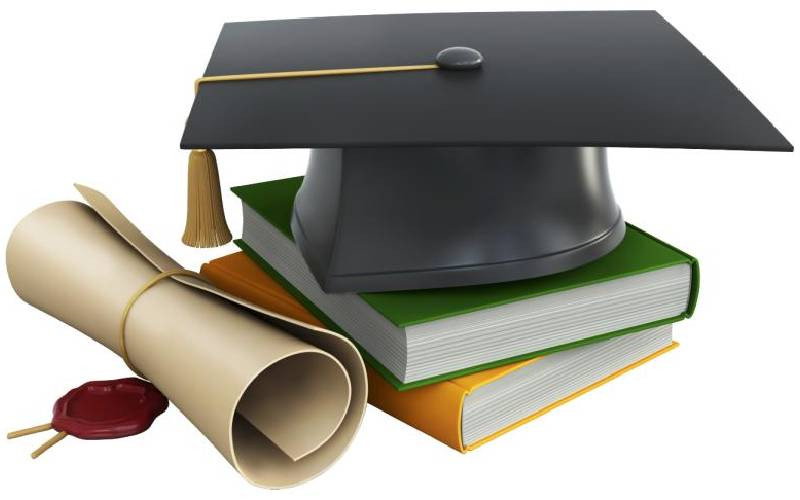×
The Standard e-Paper
Fearless, Trusted News

In the 1980s, Kenya took a turn for worse when the bustling economy characterised by a well-distributed production system that leveraged regional advantages suddenly fizzled.